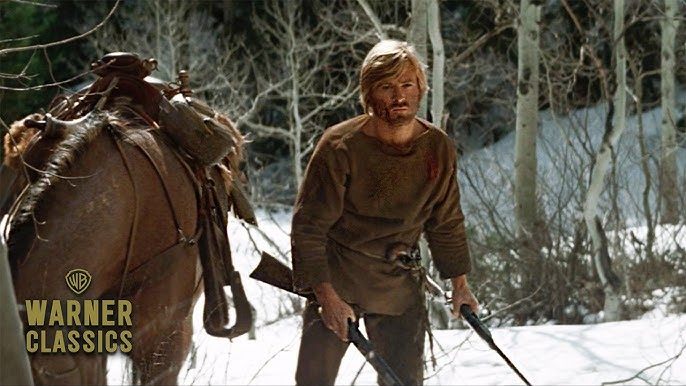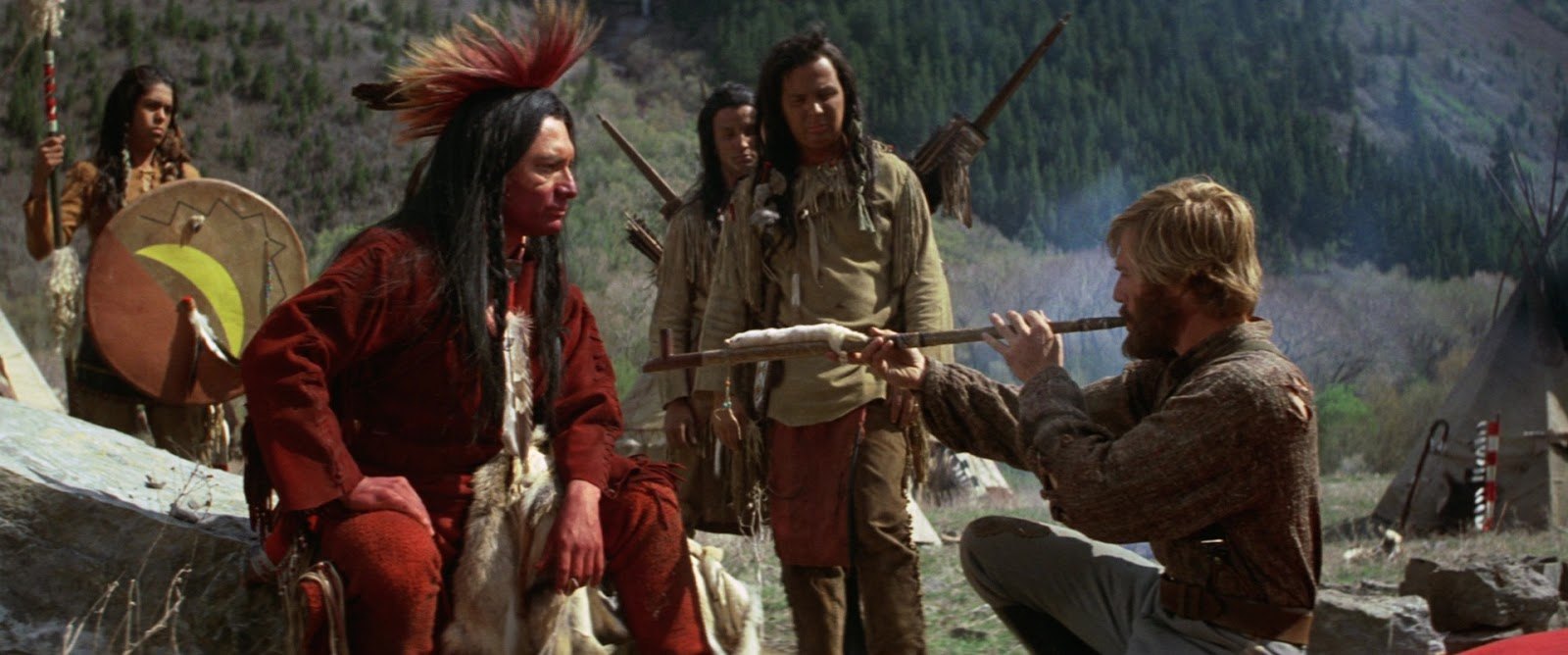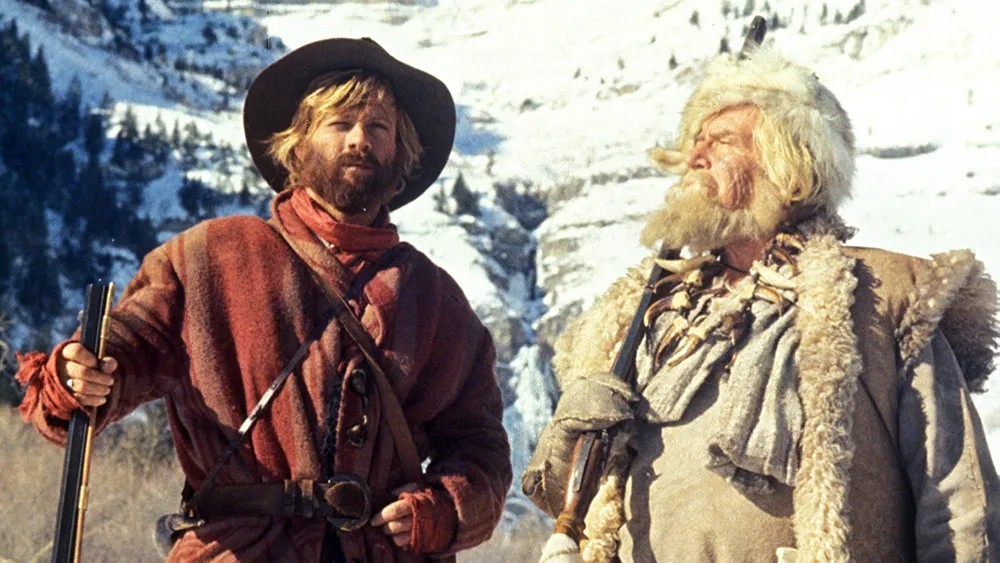Jeremiah Johnson (1972)

Jeremiah Johnson is a 1972 American Western film directed by Sydney Pollack, starring Robert Redford in the title role and Will Geer as “Bear Claw” Chris Lapp. Set against the stunning backdrop of the Rocky Mountains, the film tells the story of a man who seeks solitude in the wilderness and becomes a legendary figure. Known for its breathtaking cinematography, strong performances, and thoughtful exploration of the human spirit, Jeremiah Johnson has become a classic in the Western genre.
The film follows Jeremiah Johnson, a former soldier who decides to leave civilization behind and live in the remote wilderness of the Rocky Mountains. Seeking peace and self-sufficiency, Jeremiah embarks on a solitary journey, but his life soon becomes complicated as he encounters hostile Native American tribes, dangerous animals, and the harsh realities of survival. Along the way, he forms an unlikely friendship with Bear Claw Chris Lapp, an experienced frontiersman who teaches him the ways of the wilderness. The film follows Jeremiah’s transformation from a man seeking isolation to one who must confront his past and the world around him.
Robert Redford’s portrayal of Jeremiah Johnson is one of the film’s standout aspects. His performance conveys both strength and vulnerability, as his character struggles to adapt to the harsh life of the frontier. Over the course of the film, Jeremiah evolves from a man seeking peace to someone forced to confront the violence and chaos of the wilderness. Will Geer’s performance as Bear Claw Chris Lapp is equally memorable, providing a sense of wisdom and mentorship. The interactions between the two characters serve as a crucial part of the film, showcasing the contrasting approaches to survival and life in the wilderness.

Jeremiah Johnson explores powerful themes of survival, solitude, and self-reliance. The wilderness itself becomes a central character in the film, symbolizing both freedom and danger. Jeremiah’s journey is not only physical but also emotional, as he grapples with the realities of living in isolation. The film delves into the psychological toll of solitude and the human need for connection, particularly as Jeremiah faces the brutality of nature and the violent conflicts between settlers and Native Americans. His struggle for survival is as much about understanding himself as it is about mastering the wilderness.

The cinematography of Jeremiah Johnson is one of the film’s most striking features. Filmed on location in the rugged Rocky Mountains, the landscape becomes an integral part of the story. The wide-open vistas, snow-covered peaks, and dense forests are captured in stunning detail, highlighting the beauty and danger of the natural world. Sydney Pollack’s direction emphasizes the quiet, meditative nature of the film, allowing the viewer to fully immerse in the solitude of the frontier. The pacing is deliberate, with long stretches of silence that evoke the isolation felt by the characters.

In conclusion, Jeremiah Johnson is a timeless Western that resonates with audiences through its exploration of the human condition, survival, and the allure of the wilderness. Robert Redford’s powerful performance, combined with Sydney Pollack’s thoughtful direction, creates a film that is both visually stunning and emotionally profound. With its memorable characters, breathtaking landscapes, and exploration of solitude, the film remains a classic of the Western genre, offering a reflection on the complexities of life in the untamed frontier. For fans of Westerns and those seeking a film that thoughtfully engages with the human spirit, Jeremiah Johnson is a must-see.











